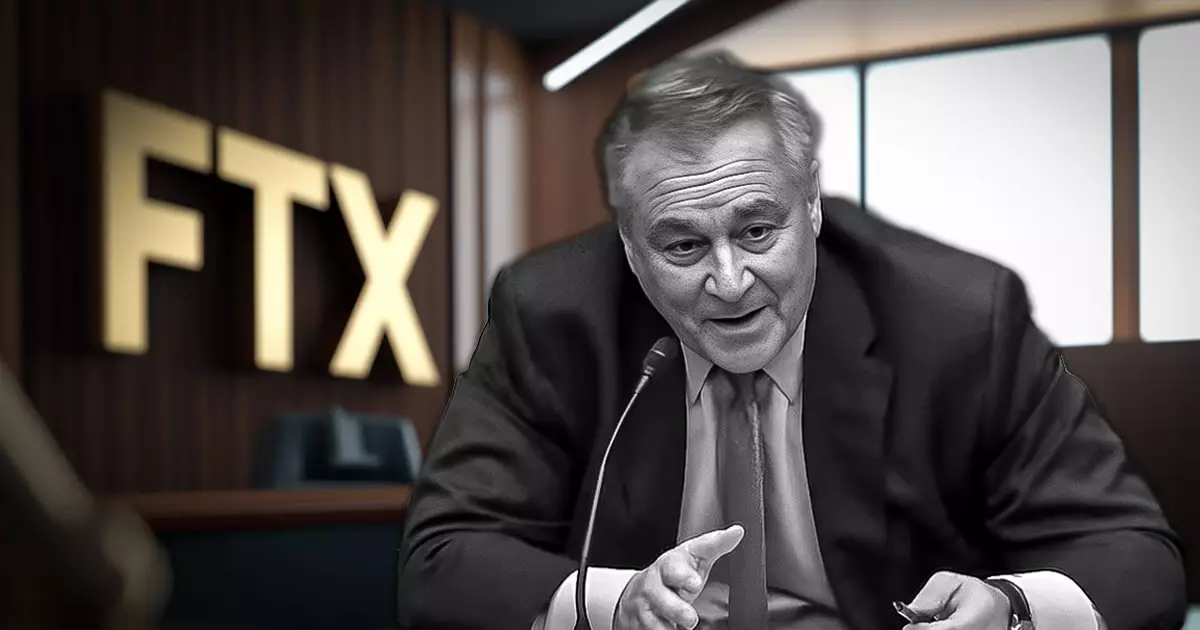In the tumultuous aftermath of FTX’s collapse, the discourse surrounding responsibility, accountability, and recovery is more important than ever. FTX CEO John J. Ray III has made a compelling appeal to a federal court regarding the sentencing of former engineering director Nishad Singh. The essence of Ray’s argument pivots on a critical point: maintaining Singh’s freedom could significantly augment the chances of recovering substantial assets for the creditors affected by the exchange’s downfall. This argument is not merely rooted in compassion for Singh; it also illuminates the practical realities of navigating complex bankruptcy proceedings where insider knowledge is invaluable.
Singh, who has already admitted his culpability in financial misconduct associated with FTX, remains a pivotal figure in the organization’s effort to reclaim lost assets. In a letter addressed to the US District Court for the Southern District of New York, Ray lauded Singh’s technical know-how and insider familiarity with the company’s operations. These qualities, Ray argues, are indispensable in tracking down the remaining funds dispersed across various jurisdictions and entities. The plea to the court does not seek to excuse Singh’s past actions; rather, it frames his cooperation as a necessity for maximizing the recovery efforts. Key assets, including properties acquired in the Bahamas and other liquid assets, have already been traced back to FTX due to Singh’s contributions.
The backdrop to this situation finds Singh in a precarious position: although he has committed to cooperation that has proved beneficial in several ways, including aiding in the courtroom battles against former CEO Sam Bankman-Fried, he also faces the consequences of his own decisions. The prosecution has acknowledged Singh’s substantial cooperation as influential in holding other key players accountable. This raises compelling questions about the legal ramifications of such cooperation—is leniency warranted, or should accountability outweigh all considerations?
Looking beyond the immediate situation of Singh, the ramifications of his cooperation extend to the broader network of stakeholders involved with FTX. The creditors, many of whom have suffered devastating losses, are in a precarious financial situation requiring scrupulous attention to detail in asset recovery efforts. Ray has underscored the multifaceted challenges faced by FTX since its Chapter 11 filing in November 2022. His leadership has spearheaded a recovery mission that not only involves tracing assets but also disentangling the intricate web of financial dealings conducted between FTX and its affiliate, Alameda Research.
In this context, the court’s decision regarding Singh will have a ripple effect on perceptions of corporate governance, legal accountability, and the ethics of cooperation within the financial services sector. While the sentence for Singh remains pending, it is clear that Ray’s insistence on the importance of cooperation highlights the paradox faced by individuals caught in complex corporate failures: the necessity to acknowledge wrongdoing while also assisting in the redressal of the fallout. Ultimately, the determination made by Judge Lewis Kaplan today will not just impact Singh and FTX, but might also resonate across the financial landscape, influencing future cases and recovery frameworks.














Leave a Reply